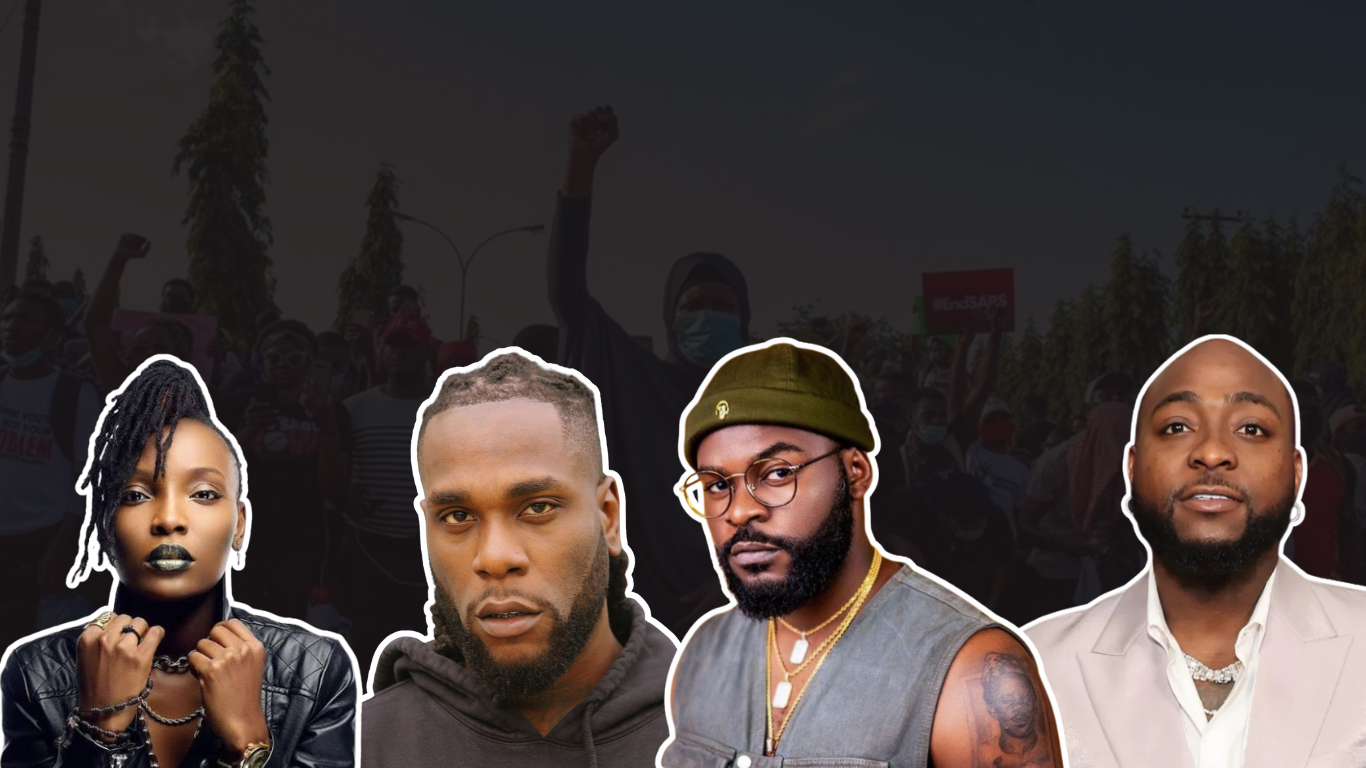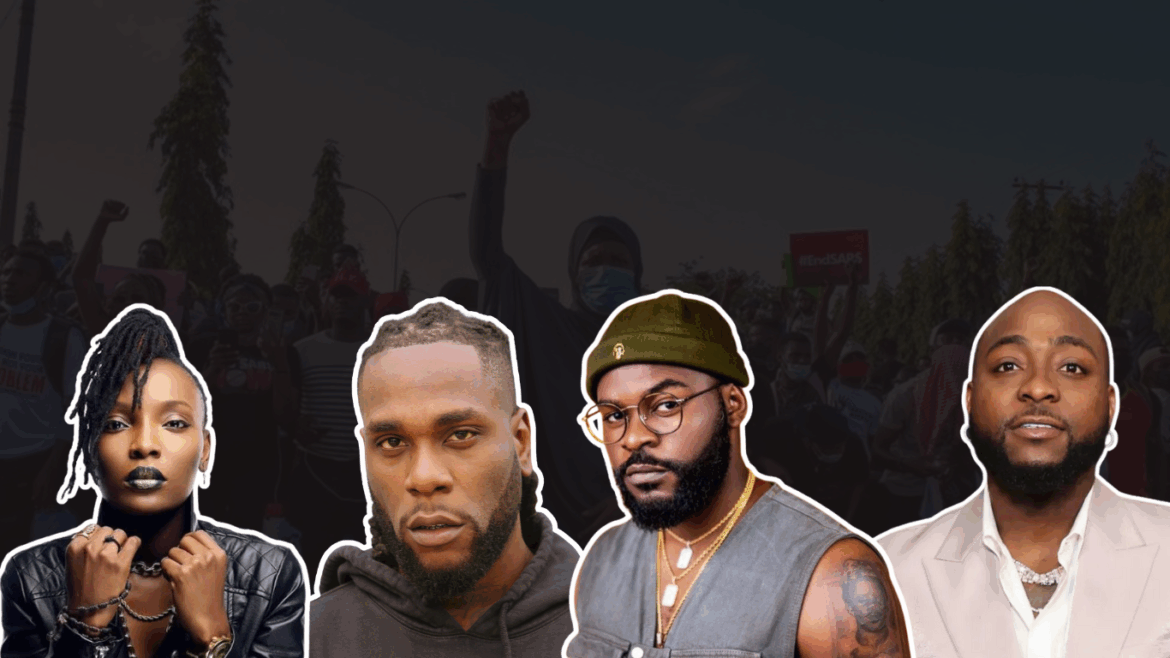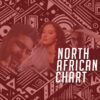The #EndSARS protests weren’t just about marching in the streets. They were about a generation finding its voice, and as always, music played a huge part in that.
From solemn reflections to bold declarations, artists across Nigeria and Africa turned their feelings into melodies. These songs didn’t just entertain, they healed, empowered, and reminded us that our stories matter.
Here are some of the standout songs released after the End SARS movement that captured the mood, pain, and hope of young people.
“20 10 20” – Burna Boy (2020)
Released just days after the Lekki Toll Gate massacre, this song is a haunting tribute to the lives lost. Burna Boy, known for his Afro-fusion and politically conscious lyrics, recounts the horror of that night with chilling clarity:
“The blood of the innocent wey dem spill for Lekki… na for Lekki, them kill the youth.”
This track is more than a song; it’s an audio memorial.
“Fem” – Davido (2020)
Released just a month before the Lekki Toll Gate incident, Davido’s energetic anthem quickly transformed from a club hit into a rallying cry. The word “Fem” — meaning “be quiet”, became the perfect expression for a generation tired of noise and empty promises.
During the #EndSARS protests, when tensions rose and distractions threatened to derail the message, young people turned up the volume. Fem echoed from speakers across protest grounds, not as a diss track, but as a bold reminder: less talk, more action.
“Johnny” – Falz (2019)
Falz’s “Johnny” may have been released before the End SARS protests, but its message found heartbreaking relevance afterward.
Originally the opening track from his 2019 album Moral Instruction, “Johnny” tells the story of a young man unjustly killed, a narrative that sadly mirrored real events during the protests. In the wake of the movement, Falz released an emotional music video for the song, transforming it into a tribute to the lives lost to police brutality.
Through “Johnny,” Falz not only honored those who were lost but also reminded listeners of the human cost behind the headlines. The song stands as both a memorial and a call for remembrance.
“Ozumba Mbadiwe” – Reekado Banks’ (2020)
Named after the major road that leads to the Lekki Toll Gate where the incident occured, the title alone serves as a quiet but powerful tribute. While the track blends Afropop energy with personal reflection, it subtly acknowledges the lasting impact of a deeply traumatic event.
Rather than dwell on pain, “Ozumba Mbadiwe” captures the resilience of moving forward, the act of continuing down a road forever marked by memory. In that sense, the song becomes more than a hit; it’s a symbol of survival.
“20/1/0/20” – Chike (2020)
Released in the aftermath of the Lekki Toll Gate tragedy, Chike’s “20/10/20” is less a protest anthem and more a soulful elegy.
With haunting vocals and stripped-down instrumentation, the song carries the weight of collective grief. Rather than point fingers, Chike chose to honor the fallen, reflecting the deep sorrow and heartbreak felt by many young Nigerians.
Music as Memory
Five years later, these songs continue to resonate. Not because they’re trending, but because they carry pieces of our collective experience.
Music became a way for young Africans to speak, reflect, and remember, not just what happened, but how it made them feel. Whether through protest, prayer, or poetry, the soundtracks of the past five years have kept the spirit of resilience alive.
This isn’t about politics. It’s about moments, memories, and music, and how artists turned emotion into songs we’ll never forget.
The Broader African Struggle
While #EndSARS was uniquely Nigerian, its themes echoed far beyond Nigeria’s borders. In Sudan, Uganda, South Africa, and the DRC, youths have risen against police brutality, corruption, and injustice in various forms.
From the #FeesMustFall protests in South Africa to the pro-democracy marches in Uganda, African youths are demanding accountability. Music in all its forms remains a vital outlet for expression, therapy, and resistance.














